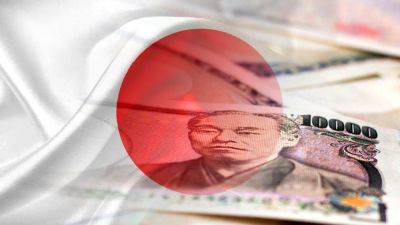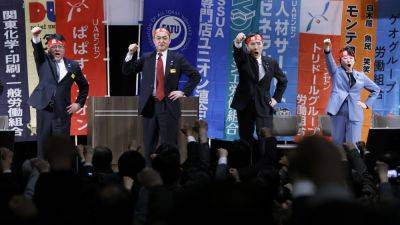Why the BOJ won’t rain on the Nikkei’s parade
TOKYO — With the Nikkei 225 surging to 34-year highs, the conventional wisdom is that the Bank of Japan (BOJ) now has greater confidence — and political cover — to raise interest rates and end decades of quantitative easing (QE).
But what if the opposite is true? Might the Nikkei boom luring tidal waves of capital toward Tokyo actually dissuade the BOJ from normalizing monetary policy? A walk down memory lane suggests BOJ Governor Kazuo Ueda might be too worried about spoiling the Nikkei’s party to tighten.
Consider the BOJ’s track record of hitting the monetary brakes during stock rallies of the past. Case in point: the central bank’s December 1989 rate hike, which signaled the end of the Nikkei’s most infamous bull run.
No one really knew at that moment, least of all then-BOJ governor Yasushi Mieno, who pulled the fateful trigger on Christmas day. That half-percentage point increase in short-term rates to 4.25% seemed like a rational response to upward inflation pressures at the time.
Even then-finance minister Ryutaro Hashimoto said the increase would help maintain price stability. But years later, when Hashimoto served as prime minister from 1996 to 1998, it was clear that the BOJ’s tightening move marked the top tick of Japan’s “bubble economy” era. And the start of a deflationary nightmare from which Japan is only now starting to recover.
Today, economists know that on December 25, 1989, Mieno’s team pulled out the financial equivalent of a precarious Jenga piece, destabilizing everything above and below. Fair or not, Mieno’s BOJ was roundly criticized for collapsing the stock market and setting Japan’s lost decades in motion.
Granted, the titanically large rallies in real estate and stocks might have been better







